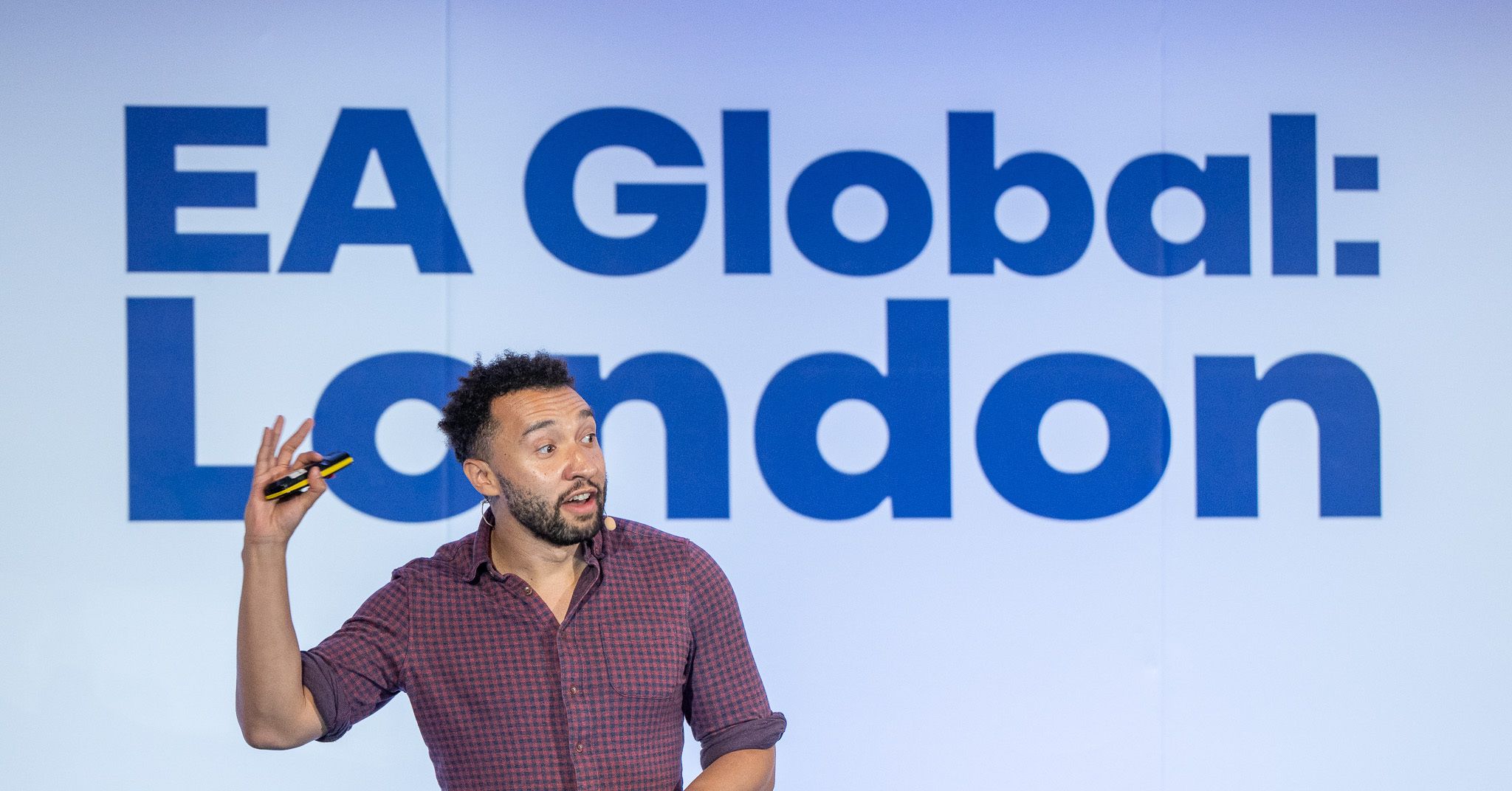A few months ago I posted an advertisement for various EA infrastructure projects on the grounds that there are now many such free or discounted services, and there's very little ongoing way to bring them to the attention of newcomers or remind people who've been around longer and may have forgotten about them.
The trouble is, that post had the same issues all attempts to broadcast ideas in this space do: it sat on the front page for a few hours and then fell away - with the organisations I edited in later getting almost no exposure. So this post is essentially a repost of it, albeit with the suggestions that were edited in later from the start. Ideally I would hope a post like this could be pinned to the top of the forum, but in lieu of that, I'm wondering about posting something like this every N months. My reservations are a) the hassle and b) it being too spammy (or, conversely, that it ends up being a cheap way of karma farming - to counteract this I've left a comment below for counterbalancing downvotes if you upvote this post). Please let me know your thoughts in the comments: assuming nothing better is implemented, should I continue to do this? If so, for what value of N/under what conditions?
Meanwhile, without further ado, here are the projects that you should check out (edit: bolded entries are new since originally posting):
Coworking/socialising
- EA Gather Town - An always-on virtual meeting place for coworking, connecting, and having both casual and impactful conversations
- EA Anywhere - An online EA community for everyone
- EA coworking Discord - A Discord server dedicated to online coworking
Free or subsidised accommodation
- CEEALAR/formerly the EA hotel - Provides free or subsidised serviced accommodation and board, and a moderate stipend for other living expenses.
- NonLinear's EA house database - An experiment by Nonlinear to try to connect EAs with extra space with EAs who could do good work if they didn't have to pay rent (or could pay less rent).
Professional services
- WorkStream Business Systems - a service dedicated to EAs, helping you improve your workflow, boost your bottom line and take control of your business
- cFactual - a new, EA-aligned strategy consultancy with the purpose of maximising its counterfactual impact
- Good Governance Project - helps EA organizations create strong boards by finding qualified and diverse professionals
- Altruistic Agency - provides discounted tech support and development to organisations
- Tech support from Soof Golan
- Legal advice from Tyrone Barugh - a practice under consideration with the primary aim of providing legal support to EA orgs and individual EAs, with that practice probably being based in the UK.
- SEADS - Data Science services to EA organizations
- User-Friendly - an EA-aligned marketing agency
- Anti Entropy - offers services related operations for EA organizations
- Arb - Our consulting work spans forecasting, machine learning, and epidemiology. We do original research, evidence reviews, and large-scale data pipelines.
- Pineapple Operations - Maintains a public database of people who are seeking operations or Personal Assistant/Executive Assistant work (part- or full-time) within the next 6 months in the Effective Altruism ecosystem
Coaching
- AI Safety Support - free health coaching to people working on AI safety
- 80,0000 Hours career coaching - Speak with us for free about using your career to help solve one of the world’s most pressing problems
- Yonatan Cale - Coaching for software devs
- Training for Good - Our goal is to help you clarify your aims, reduce self-imposed friction, and improve your leadership.
- FAANG style mock interviews
Financial and other material support
- Nonlinear productivity fund - A low-barrier fund paying for productivity enhancing tools for top longtermists. Supported services and products include Coaching, Therapy, Sleep coaching, Medication management , Personal Assistants, Research Assistants, Virtual Assistants, Tutors (e.g. ML, CS, language), Asana, FocusMate, Zapier, etc., Productivity apps, A/C, dishwashers, etc, SAD Lamps
- Effective Altruism Funds - Whether an individual, organisation or other entity, we’re eager to fund great ideas and great people.
- Nonlinear fund - We incubate longtermist nonprofits by connecting founders with ideas, funding, and mentorship
- Survival and Flourishing Fund - A “virtual fund”: we organize application submission and evaluation processes to help donors decide where to make donations.
- Open Philanthropy Project - a research and grantmaking foundation that aims to share its findings openly
- Berkeley Existential Risk Initiative - Supports university research groups working to reduce x-risk, by providing them with free services and support.
As before, please let me know if I missed any in the comments. The guidelines remain as follows (though if there's something you think is essential to let people know about which doesn't strictly fit, feel free to suggest it - for eg the house database doesn't technically qualify, but seemed too valuable to omit):
- The resource should be free to use, or at available at a substantial discount to relatively poor EAs
- It should be aimed specifically at EAs
- It should be for the direct benefit of the people using it, not just to 'enable them to do more good'
- It should be available to people across the world (ie. not just a local EA group)
- It should be a service or product that someone is putting ongoing work into (ie not just a list of tips, or Facebook/Discord/Slack groups with no purpose other than discussion of some EA subtopic)
Also, let me know if I should remove or edit any of the descriptions. I've lightly curated it and removed some broken links (FTX Foundation has disappeared for some reason) but haven't done any substantial checking.



Let’s promote the wiki and make it more visible!